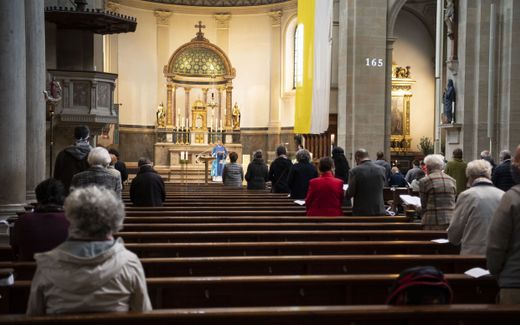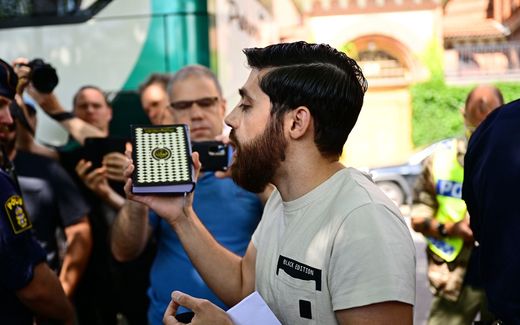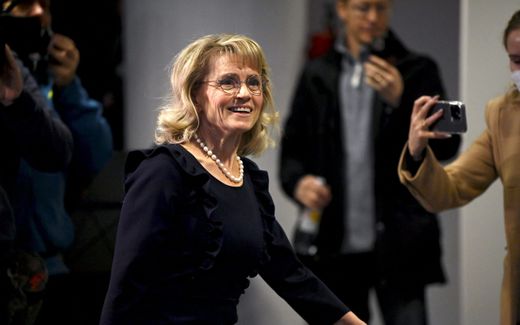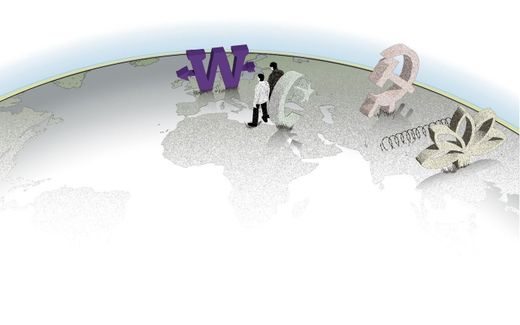What Christians can learn when it comes to tolerance
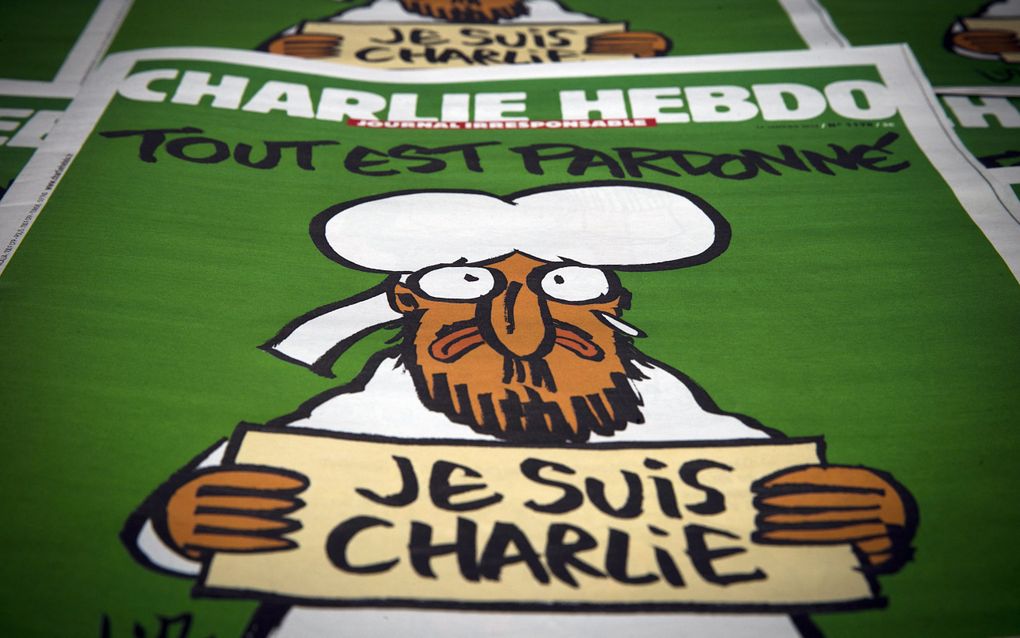
The first issue (2015) of Charlie Hebdo's satirical magazine since the jihadist attack that took place in Paris. It sold out within several minutes throughout France. Photo AFP, Joel Saget
Christian Life
In a world that is becoming more hostile toward Christian values, how should we respond to the values of today's world? By understanding that tolerance is also dependent on our intolerance.
Stay up to date with Christian news in Europe? Sign up for CNE's newsletter.
In a terrorist attack of "the most extremity," as President François Hollande at the time called it, two Islamist gunmen killed 12 people on January 7, 2015. The epicentre of this event was the Paris headquarters of Charlie Hebdo. In the aftermath of the terrorist attack, those who were in favour of free expression condemned the attack unequivocally and, like the French President, showed intolerance to such wicked deeds.
At the same time, Charlie Hebdo is very controversial because of its extreme ridiculing of religions, including Islam and Christianity. Yet, Christians like me did not care about Charlie Hebdo's satire against religion, including Christianity. Why is that the case?
We have come to understand that freedom of expression, including the ability to criticise offensive ideas and creeds, is worth supporting. It has dawned on us that we would not tolerate a world without freedom of expression by European laws and regulations.
Resist hardships
In a very narrow sense, tolerance meant having the fortitude to endure and resist hardships and difficulties. Showing others understanding and respect and treating one's neighbour with dignity has nothing to do with tolerance. But for whatever reason, its original definition has been transposed into the political realm.
The beauty of tolerance is a paradox because it is intolerant in and of itself. If a society values justice, peace, and order, among many virtues, it will automatically be intolerant of injustice, disturbance, and anarchy. Tolerance is not a value in a vacuum. It must reject the opposite of what it stands for.
Those who live in peace with their neighbours, regardless of religion, show understanding and respect, not tolerance.
If tolerant people adhere to the live and let live philosophy, as tolerant people, they will not be tolerant of a world that does not adhere to the live and let live philosophy. And that is perfect, even just. It should be like that. Tolerance carries the seeds of intolerance within itself. And these can now be seen as values tied to promoting or condemning other values.
Rape
The fact that European societies, compared to other societies, condemn slander, forced marriage, rape, arson, theft, kidnapping, counterfeiting, murder, terrorist attacks, etc., is not only how it should be, but it is just. Not being intolerant of such repellent behaviour would mean European societies tolerate such deeds.
In his book Christian Faith and the Making of Europe, modern Christian scholar Evert van de Poll provides conclusive evidence that European societies have been built on Christian values and principles. Christians' intolerance of wicked behaviour shaped the Europe that we see today.
Across the globe, all societies are both tolerant and intolerant. European societies are set apart by the positive values they promote and the negative characteristics they condemn. Europeans, for example, are proud to call themselves tolerant because of the values they promote, such as freedom, equality, the rule of law, democracy, peace, and stability.
Those who live in peace with their neighbours, regardless of religion, show understanding and respect, not tolerance. The problem is that European people have come to lose their tolerance and are becoming intolerant of their fundamental principles because they are afraid to offend others who do not adhere to the same values.
Freedom of speech
After studying Apostle Paul's epistles, I can honestly attest that he did not use the word tolerance as we understand it today. The words I saw him use repeatedly are patience and forbearance in the context of preaching the Gospel and suffering for Christ. The Bible shows God's intolerance of sin and His judgment against it over the millennia.
In a survey conducted by Le Journal du Dimanche, a French weekly newspaper, 42 per cent of those polled opposed Charlie Hebdo's depictions of the Prophet Muhammad. No matter how I look at this fact, it is alarming. France was the bastion of many political, social, and economic reforms for a long time. And it is a shame that the wheels of progress seem to go in reverse.
This matters to me because freedom of speech should be cherished and preserved. The ability to tell the truth and hold those in positions of power accountable for their abuses is at stake. Restricting the magazine Charlie Hebdo will chip away at the principle of freedom of expression and give the state power to censor anything just because they don't like it.
In the end, the fact that people in Europe call themselves tolerant means nothing if they are not ready to defend the values they claim to cherish. That is because, in the grand scheme of things, to be tolerant is to be intolerant.
Related Articles




